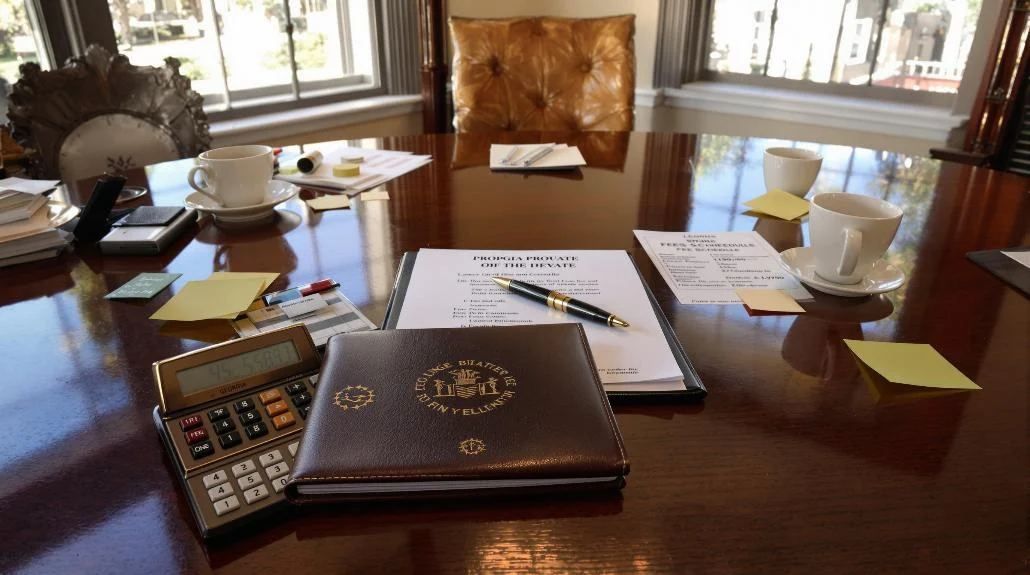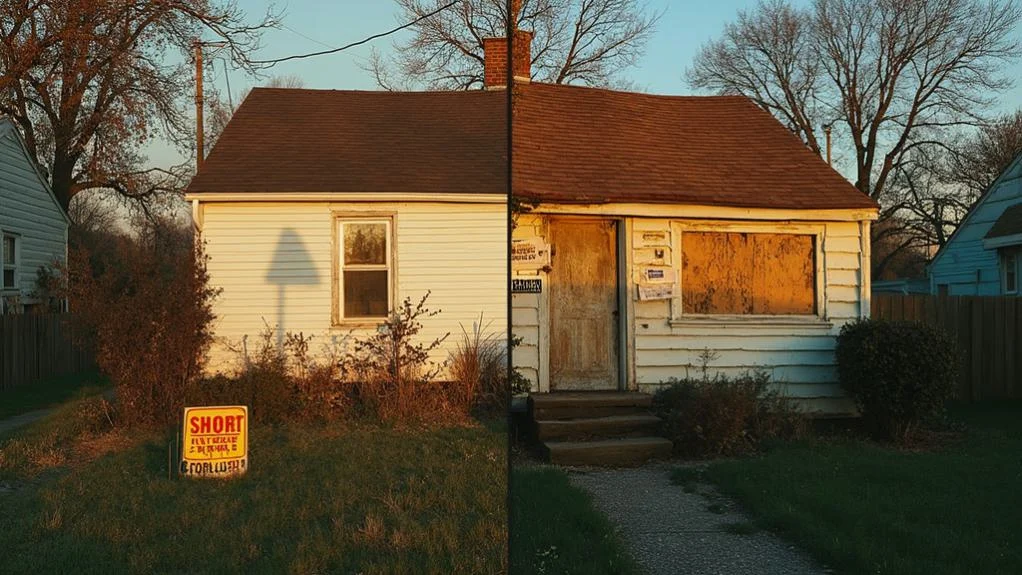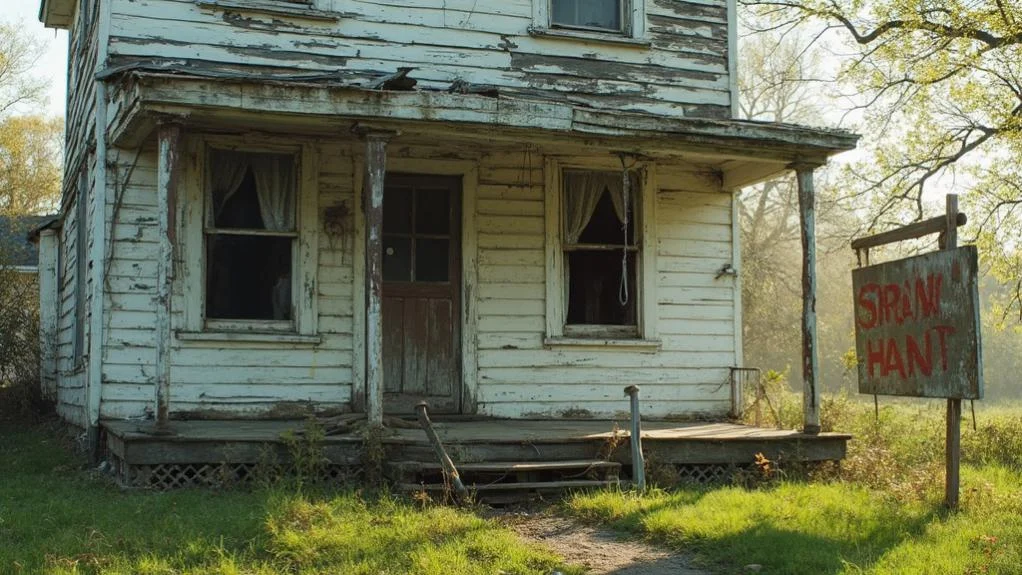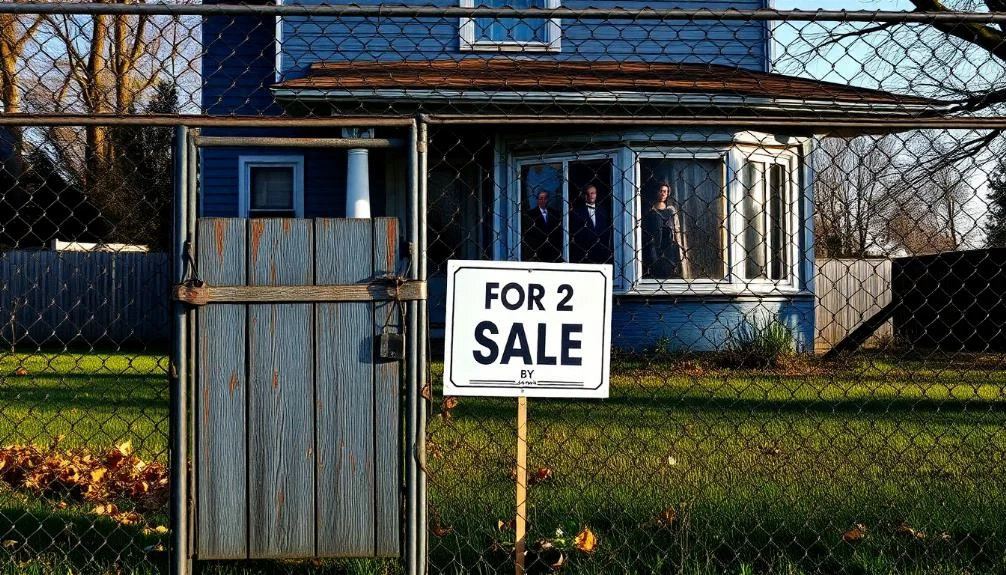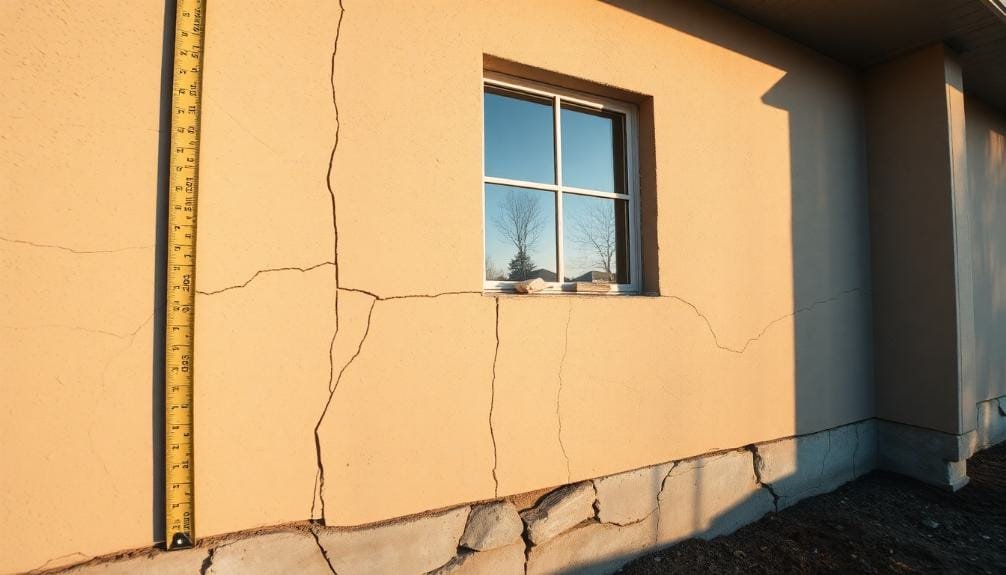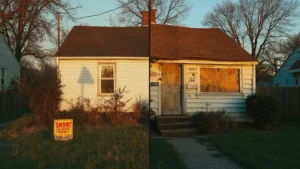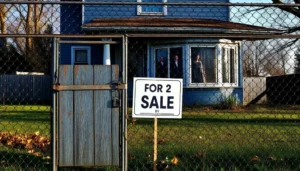Does Medicare Cover Hoarding Cleanup? Exploring Your Options
You’re facing the overwhelming consequences of hoarding and wondering if Medicare will cover the cost of cleaning up the clutter that’s taken over your life. Unfortunately, Original Medicare (Part A and B) does not cover hoarding cleanup services, as they’re classified as non-medical. Medicare Advantage (Part C) plans may offer additional benefits, but coverage varies among different plans. Verifying specifics with your insurance provider is essential. While Medicare doesn’t directly cover cleanup expenses, understanding its limitations can help you explore alternative funding options and support services that can aid in your journey towards a clutter-free life, and there’s more to learn about the resources available to you.
What Matters Most
• Medicare does not directly cover hoarding cleanup expenses, classifying them as non-medical services. • Original Medicare (Part A and B) excludes home cleanup services, while Medicare Advantage plans may offer varying coverage. • Verifying specifics of Medicare Advantage plans is essential to determine coverage for hoarding cleanup services. • Mental health services, such as therapy and counseling, are covered under Medicare Part B to address psychological aspects of hoarding. • Alternative funding options, including community resources, crowdfunding, and private insurance, can be explored to cover hoarding cleanup costs.
Medicare Coverage Limitations
Your Medicare benefits have limitations when it comes to covering hoarding cleanup services, and understanding these constraints is vital to managing the complex process of seeking assistance. As a non-medical service, hoarding cleanup falls outside the standard benefits of Original Medicare (Part A and B). This means that you won’t find coverage for cleanup services in your traditional Medicare plan. However, Medicare Advantage (Part C) plans may offer additional benefits, but be prepared for varying levels of coverage among different plans. It’s important to verify the specifics of your Medicare Advantage plan to determine if it covers hoarding cleanup services. Don’t assume that your insurance provider will automatically cover these services. Understanding these Medicare coverage limitations will help you navigate the complexities of seeking assistance for hoarding cleanup. By knowing what’s not covered, you can explore alternative options and resources to support your cleanup efforts.
The Reality of Hoarding
Hoarding, a complex and debilitating mental health condition, affects millions of Americans, often leaving them feeling overwhelmed, anxious, and trapped in their own homes. You’re not alone in this struggle. Hoarding is characterized by an excessive accumulation of possessions, driven by emotional attachment and anxiety, which can lead to clutter that affects daily functioning. This condition can lead to feelings of distress, shame, and isolation, making it difficult to seek help. The physical risks of hoarding are also significant, including increased chances of falls, poor indoor air quality, and fire hazards. As you consider seeking help, it’s important to understand that effective intervention requires addressing both the psychological aspects of the disorder and the physical clutter. You’ll need thorough support services to tackle the emotional and logistical challenges of cleanup. Knowing that you have resources available can be a vital step in seeking help. Don’t be afraid to reach out to local organizations and professionals who can guide you through the process and connect you with the resources you need.
Mental Health Services Support

As you navigate the complexities of hoarding cleanup, it is essential to understand the mental health services support available through Medicare, which can provide a significant foundation for addressing the underlying emotional challenges associated with this condition. Through Medicare Part B, you can access mental health services such as therapy and outpatient counseling, which can be beneficial in managing the psychological aspects of hoarding disorder. These services can help you develop strategies to cope with the emotional distress caused by hoarding. While Medicare does not cover cleanup services, engaging with mental health professionals can provide valuable support in addressing the underlying emotional challenges associated with hoarding. By documenting your mental health concerns related to hoarding, you can advocate for additional support, although this does not extend to cleanup costs under Medicare. By focusing on mental health services support, you can take the first step towards addressing the emotional roots of hoarding and creating a safer, healthier living environment.
Navigating Medicare Plans
When exploring Medicare coverage for hoarding cleanup, it’s essential to understand the differences between Original Medicare and Medicare Advantage plans, as they impact the availability of support for cleanup services. Original Medicare (Part A and B) doesn’t cover hoarding cleanup services, as they’re classified as non-medical services outside of standard benefits. However, Medicare Advantage (Part C) plans may offer additional benefits, including potential coverage for hoarding cleanup, but this varies considerably from plan to plan.
To determine if your Medicare Advantage plan covers hoarding cleanup, you should contact your insurance provider directly to inquire specifically about coverage for these services. Be sure to document all communications with your insurance provider regarding cleanup coverage and carefully review your plan details for clarity on available benefits. Understanding the limitations and exclusions of each Medicare plan is essential for effective navigation and maximizing available support for hoarding cleanup. By doing so, you’ll be better equipped to explore your options and make informed decisions about your care.
Alternative Cleanup Resources

You can turn to alternative resources for hoarding cleanup support, including local non-profits, community charities, and online platforms. These alternative solutions can provide the help you need when Medicare coverage isn’t available. Local non-profits, such as Children of Hoarders, may offer volunteer services or financial assistance for cleanup efforts. Community resources, including local charities, can provide support services for individuals facing hoarding challenges. You can also utilize crowdfunding platforms like GoFundMe to raise funds for hoarding cleanup projects, connecting you with those willing to help. Additionally, professional cleaning services, such as Begin Again Decon, specialize in compassionate hoarding cleanup and often offer emergency services for immediate needs. These community resources and professional assistance can help you find the support you need. By exploring these alternative cleanup resources, you can find the help you need to overcome hoarding challenges and create a safer living environment.
Advocating for Coverage
By exploring alternative cleanup resources, you may have found temporary solutions to address your hoarding challenges, but to secure long-term support, it is important to advocate for Medicare coverage of hoarding cleanup services. To build a strong case, collect evidence such as medical records and statements from healthcare professionals that demonstrate the necessity of the cleanup due to mental health conditions. Understanding Medicare’s appeal process, which includes five levels of appeals, is vital for maneuvering the system and advocating for necessary coverage. Engaging with decision-makers and raising awareness about the impacts of hoarding can lead to better outcomes and potential policy changes. Collective advocacy efforts can drive changes in policy, emphasizing the need for insurance systems to recognize hoarding cleanup as a necessary service for mental health recovery. Be aware of Medicare coverage limitations and alternative resources to effectively maneuver the system and advocate for your needs. By advocating for coverage, you can secure the necessary services to support your mental health recovery.
Understanding Cleanup Costs

The financial burden of hoarding cleanup can be overwhelming, with costs ranging from several hundred to thousands of dollars, depending on the scope of the project. You’ll want to understand what factors influence these cleanup costs, including the amount of debris, the condition of the property, and the specific services required, such as sorting, removal, and sanitization. Professional hoarding cleanup services typically charge based on the square footage of the area being cleaned and the estimated time required for the job. Some companies may offer free estimates to assess the situation and provide a clearer understanding of potential costs involved in the cleanup process.
As you consider hiring professional services, be prepared to budget for additional expenses related to disposal fees, repairs, or renovations that may be necessary after the cleanup is completed. It’s crucial to factor these costs into your overall plan to guarantee you’re prepared for the financial investment required. By understanding the costs associated with hoarding cleanup, you can better navigate the cleanup process and make informed decisions about the services you need.
Beyond Traditional Coverage
While understanding the costs associated with hoarding cleanup is vital, it’s equally important to explore beyond traditional Medicare coverage for potential financial assistance. Since Medicare doesn’t cover hoarding cleanup expenses directly, you’ll need to look into alternative options. Medicare Advantage plans might offer additional benefits that could include some coverage for hoarding cleanup, but this varies by plan, so it’s important to verify specifics with your provider.
Private insurance plans could provide partial reimbursement for hoarding cleanup if deemed medically necessary, often requiring a physician’s diagnosis linking hoarding to mental health issues. You may also want to explore community resources, non-profit organizations, and local programs that can offer support for cleanup efforts. Crowdfunding platforms and local charities can also serve as valuable resources for financial assistance. Don’t be afraid to reach out to these organizations and explore all available options. Remember, financial assistance is out there, and it’s vital to explore beyond traditional Medicare coverage to find the help you need.
Frequently Asked Questions
Who Pays for the Cleanup on Hoarders?
You’ll likely need to explore private insurance, local resources, and crowdfunding options to cover hoarding cleanup costs, as Medicare doesn’t directly pay for these services, and you’ll need to budget for the varying expenses involved.
What Are Treatment Options for Hoarding?
You’re taking the first step towards reclaiming your space, and it’s a refreshing change! Treatment options for hoarding include cognitive-behavioral therapy, support groups, individual therapy sessions, and professional organizers, which can help you tackle the emotional and physical clutter.
Where Do I Start When Cleaning Out a Hoarder’s House?
You start by evaluating the space for safety hazards, prioritizing areas that need immediate attention, and setting realistic goals for the cleanup process, then gather necessary supplies and consider enlisting professional help.
How Long Does It Take to Clean a Hoarder’s House?
“Get comfy, because you’re in for a wild ride! Cleaning a hoarder’s house takes time – think weeks, not days. Factor in the size of the space, clutter level, and emotional readiness, and you’ll need a tailored plan to tackle the chaos.”
Final Thoughts
You’ve made it to the end of this journey, and now you’re equipped with a better understanding of Medicare’s coverage for hoarding cleanup. Remember, you’re not alone – the National Alliance on Mental Illness estimates that 1 in 50 Americans struggle with hoarding disorder. By exploring alternative resources, advocating for coverage, and understanding cleanup costs, you can take control of your recovery. Don’t give up – there’s hope for reclaiming your space and your life.

